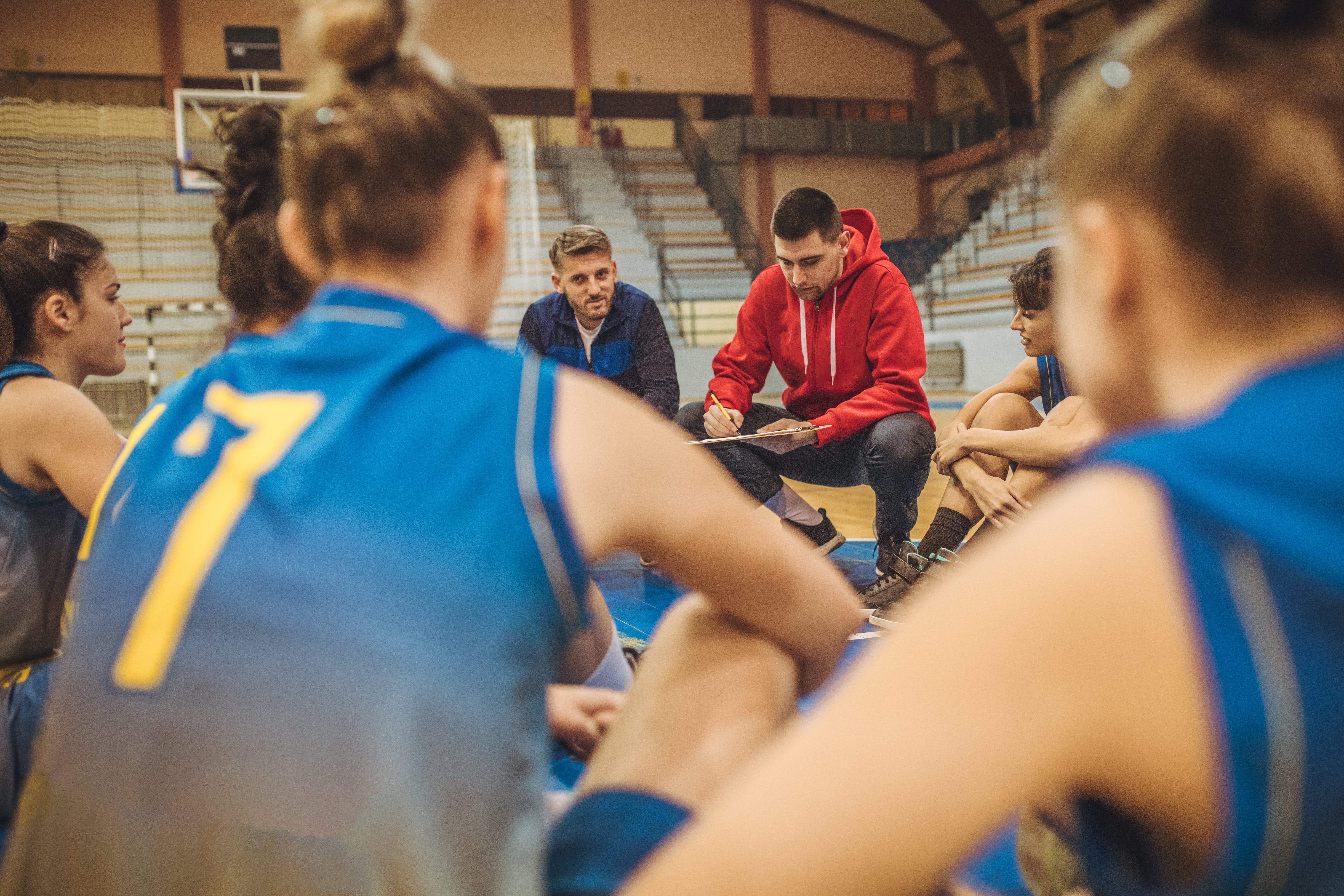
Ah, the student-athlete. In today’s landscape of college admissions and college scholarships, many of us recognize the importance and opportunity given to the student-athlete. In performing well and playing on a school’s team, you earn both a spot in the classroom at that institution and a “salary” (i.e., a scholarship) for attracting revenue to the school through the athletics program. The sport becomes a job in some sense, as one must continue to earn this benefit. Whether you currently are a collegiate student-athlete or an aspiring student-athlete (at the middle-school or high-school level), learning to balance the two is always tricky. The NCAA acknowledges that at any given moment during their education, student-athletes are at once a full-time athlete and a full-time student. How can there possibly be enough hours in the day for juggling two full-time jobs? From my experience as a tutor for this subset of students in college, there are student-athletes that balance the two with seemingly effortless poise, others who struggle, and others that actively put in the extra initiative to make it work. Here is some advice that helps to minimize the struggle –– both for student-athletes themselves and the tutors/teachers/mentors that work with them.
Tips for studying/tutoring/classwork
1. Write down questions immediately
Whether you say to yourself, “Wow, I’m really struggling with this topic” or “How in the world do you get that answer?”, write down all your questions in a designated document or in a designated notebook the second you think of them. That way, you are time-efficient when you go to a class or tutoring session, and you don’t run the risk of forgetting when you leave for practice or go grab a meal.
2. Flashcards are your best friend
Even if flashcards haven’t worked for you in the past, I recommend giving them another try or working with a tutor to figure out a flashcard style that works for you. I especially love flashcards for student-athletes because they are so portable. Throw them in your gym bag or duffle bag and take them on the bus or plane for those away games.
3. Be transparent with your teachers
If you have to miss class on Friday because you travel to an away game that weekend, make sure your teacher or professor knows well in advanced. When you are open with them, they are more likely to help you out if you begin to struggle with course material. Your professors and teachers are invaluable resources if you do start to struggle, as they can point you in the direction of tutors and study resources.
4. Take advantage of down time
If you have to run on a treadmill or sit in mandatory study hall, take advantage of that time! Download lectures you might have to listen to and run with them playing. Actually bring homework to study hall so you can be productive and bank personal time for later. Find ways to multitask and accomplish goals for both of your “jobs” when possible.
Tips for outside of class
1. Don’t forget to prioritize sleep!
Student-athletes especially undergo a vicious cycle of mental exhaustion compounded by physical exhaustion. Some nights it is better to go to bed and get a full night’s rest than to spend the extra couple of hours studying. Your mind and body will thank you in the morning.
2. Plan ahead for fun
We all will experience a little bit of FOMO (“Fear of missing out”) eventually. With such a busy schedule, student-athletes are likely to experience it as well. However, if Friday night is always your “night off,” it’s easier to say no to other things that pop up during the week when you need to be practicing or studying. This prevents any tough situations when you think to yourself: “Well, if I go out on Tuesday night because my friend’s are going to the movie, I’ll study the rest of the week because nothing else is likely to pop up.” News flash: things will pop up. Prioritize having time to yourself but scheduling as much as you can.
3. Always remember: all you can do is give it your best
Some weeks you will ace the test and score the game winning goal, and other weeks you’ll miss a homework assignment and whiff on your kick. Regardless, take everything in stride. If you’re doing your best, that’s all we can ask for.
Comments